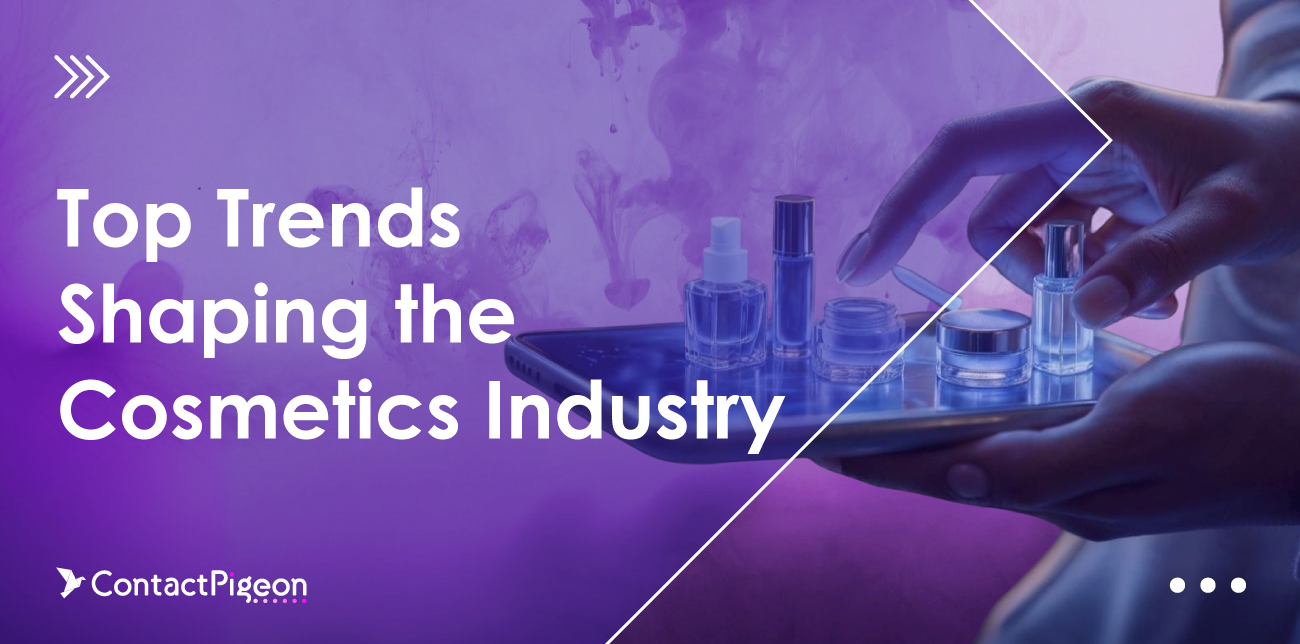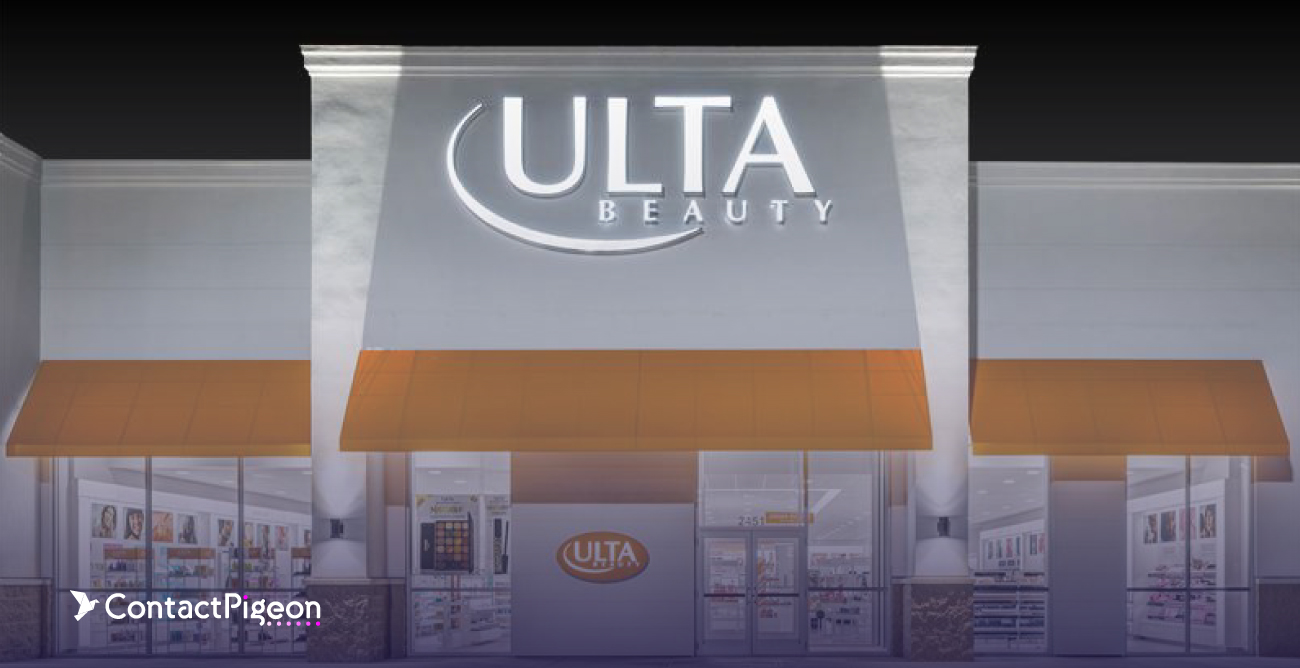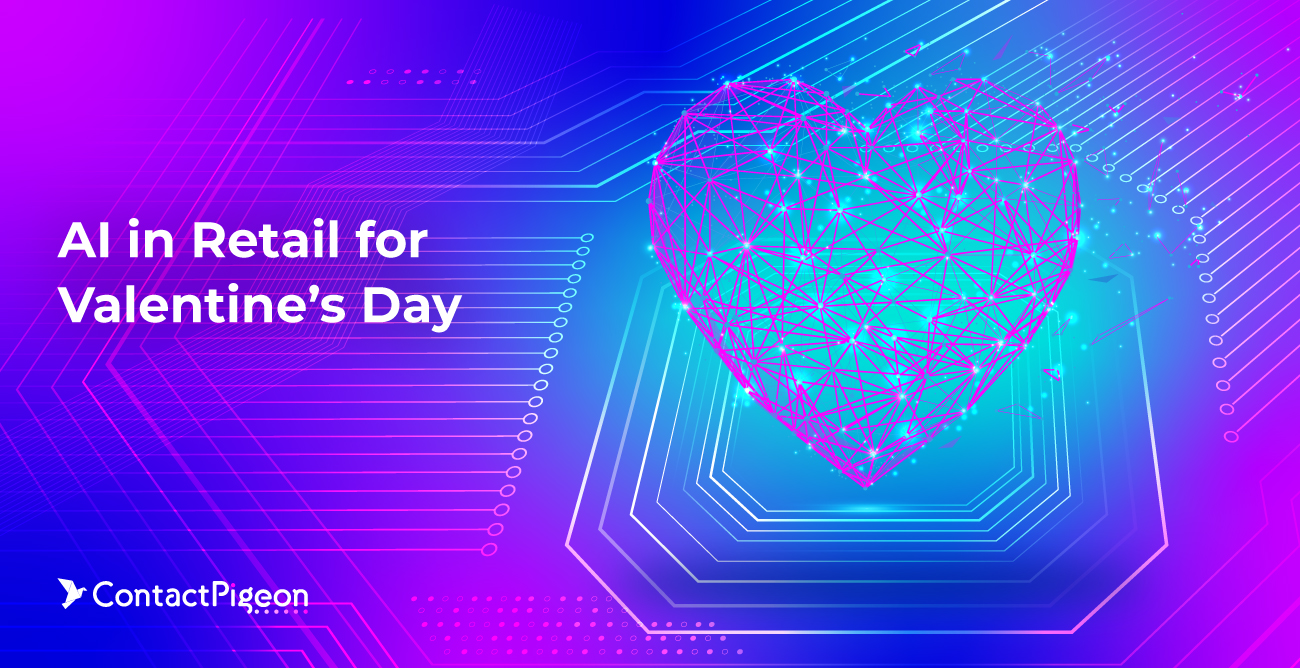In 2025, beauty is not simply about products, but personalized experiences and meaningful connections. Driven by rapid advancements in AI, augmented reality (AR), ESG initiatives, and omnichannel marketing for cosmetics, the cosmetics industry trends in 2025 reflect a significant shift from traditional marketing toward tech-enabled, customer-centric journeys. According to McKinsey (2023), more than three out of four consumers now gravitate toward brands that deliver tailored, individualized experiences. To stay ahead, retailers must understand these evolving consumer expectations and adapt quickly to the transformative beauty e-commerce trends shaping the industry.
1: AI knows your skin: Personalization gets a beauty upgrade
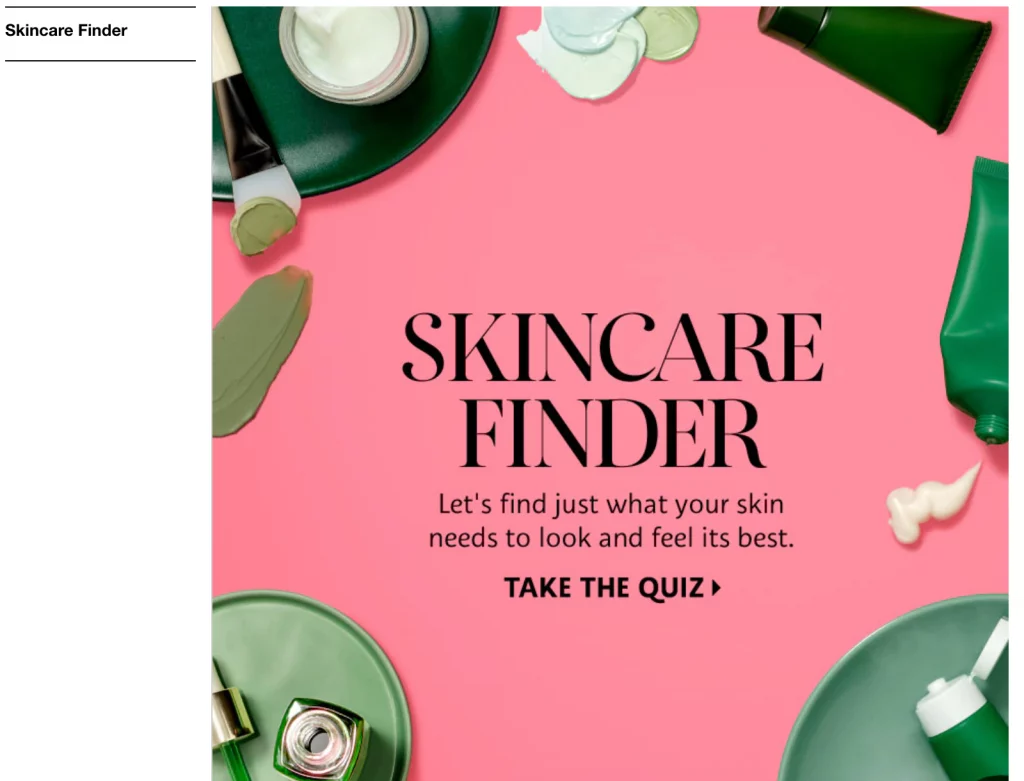
Beauty discovery happens less through traditional aisles and more through sophisticated algorithms that understand individual consumer needs. Advanced AI technologies are transforming cosmetics industry trends in 2025, personalizing interactions from AI-powered skin quizzes and tailored recommendations to intelligent customer segmentation. According to McKinsey (2023), leveraging AI-driven personalization strategies substantially increases average order value (AOV), surpassing conventional segmentation methods.
Leading beauty brands
- L’Oréal: Personalized skincare diagnostics and virtual product trials through AI-powered apps.
- Sephora: AI-driven beauty quizzes and customized recommendations to enhance customer journeys.
Want to leverage beauty ecommerce trends and AI insights for real-time customer journeys? ContactPigeon’s automation platform helps brands personalize every touchpoint, from quiz results to post-purchase emails. Explore our retail marketing automation platform.
2: Try before you buy, wherever you are: AR commerce becomes standard
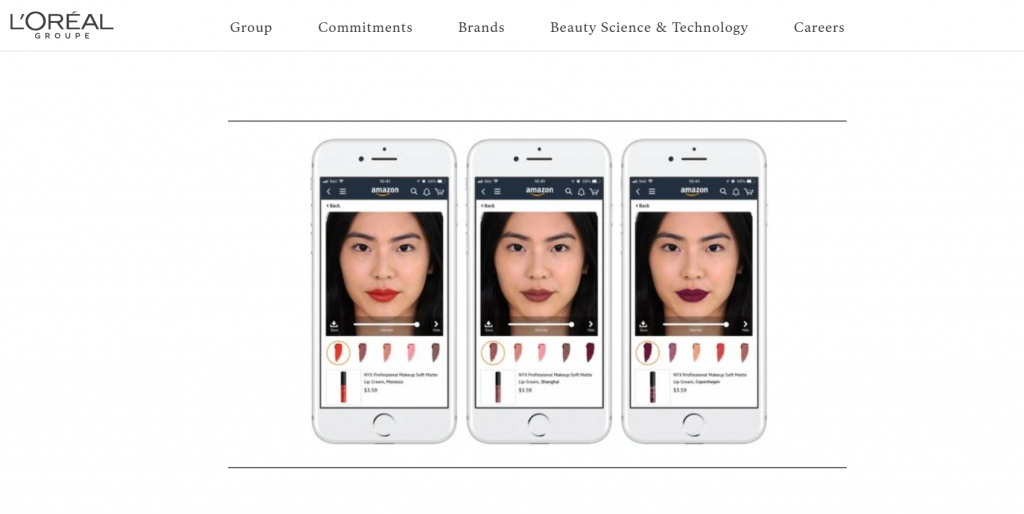
AR in the cosmetics industry is reshaping the customer journey, enabling virtual product trials anytime, anywhere, reducing hesitation, and boosting conversion rates. Research shows that AR-powered experiences are proven to increase conversions, with users converting at rates 2–3 times higher than shoppers who don’t use AR. Retailers leveraging AR can also capitalize on heightened engagement through omnichannel marketing for cosmetics with platforms like ContactPigeon, turning immersive interactions into immediate marketing opportunities.
Real-world examples
- Sephora: The Virtual Artist app uses facial recognition to match personalized products.
- L’Oréal: Employs Modiface AR across its brands, enabling seamless virtual trials.
Want to turn AR engagement into revenue? Learn how ContactPigeon’s Omnichannel Customer Engagement Platform helps beauty brands trigger personalized journeys after every virtual try-on — via email, SMS, and onsite automation.
3: Beauty with a conscience: Sustainability as a loyalty driver

Beauty ecommerce trends are strongly driven by consumer demand for sustainable practices, ethical responsibility, and transparency. Driven by demand for clean ingredients, eco-friendly packaging, and cruelty-free certifications, sustainability has become a powerful loyalty driver, particularly among Gen Z consumers who strongly align brand choices with ESG (Environmental, Social, Governance) values. According to Nielsen, two-thirds of global consumers are now willing to pay a premium for products that reflect sustainable practices.
Real-world examples
- The Body Shop and Lush actively promote refillable product stations and zero-waste initiatives.
- Sephora simplifies ethical shopping with its clearly labeled “Clean at Sephora” program.
- Brands such as Rituals incentivize eco-conscious behaviors through exclusive loyalty rewards and perks.
Beauty retailers are raising the bar with eco-conscious strategies. Explore how brands can implement sustainable practices in our blog on Sustainable Retail: How Brands Can Embrace Eco-Friendly Practices.
4: Swipe, shop, repeat: The rise of social commerce in beauty
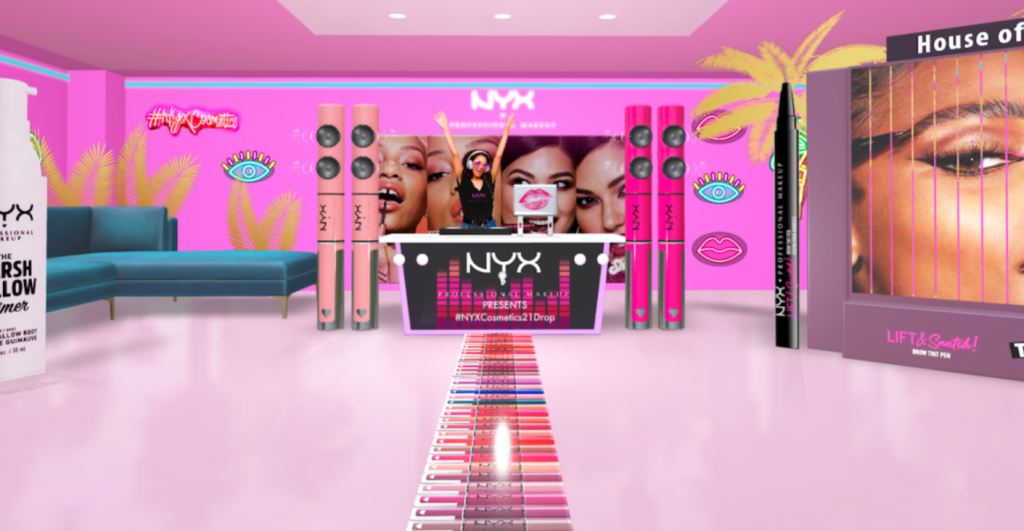
Today’s beauty shopping journey increasingly begins with scrolling on social media rather than traditional websites, turning platforms such as TikTok, Instagram, and YouTube into highly effective channels for direct sales.TikTok, in particular, has reshaped purchasing habits through explosive growth in #BeautyTok, driving record-breaking product sales among Gen Z consumers, 64% of whom have directly purchased beauty products from social content (Sprout Social, 2023). Authentic, creator-led reviews consistently outperform traditional advertising, boosting consumer trust and accelerating conversions.
Real-world examples
- e.l.f. Cosmetics saw multiple products sell out immediately following viral TikTok campaigns.
- Glow Recipe leverages influencer-created Instagram Reels featuring direct swipe-up shopping links, shortening the path from inspiration to checkout.
- NYX and Maybelline successfully integrate livestream shopping into Instagram, driving engagement and instant purchases.
Social commerce is transforming the beauty buyer journey. For more strategies on how brands can turn engagement into loyalty, reference our blog on Retail Customer Engagement Trends for 2025.
5: From stores to screens: How phygital beauty journeys convert
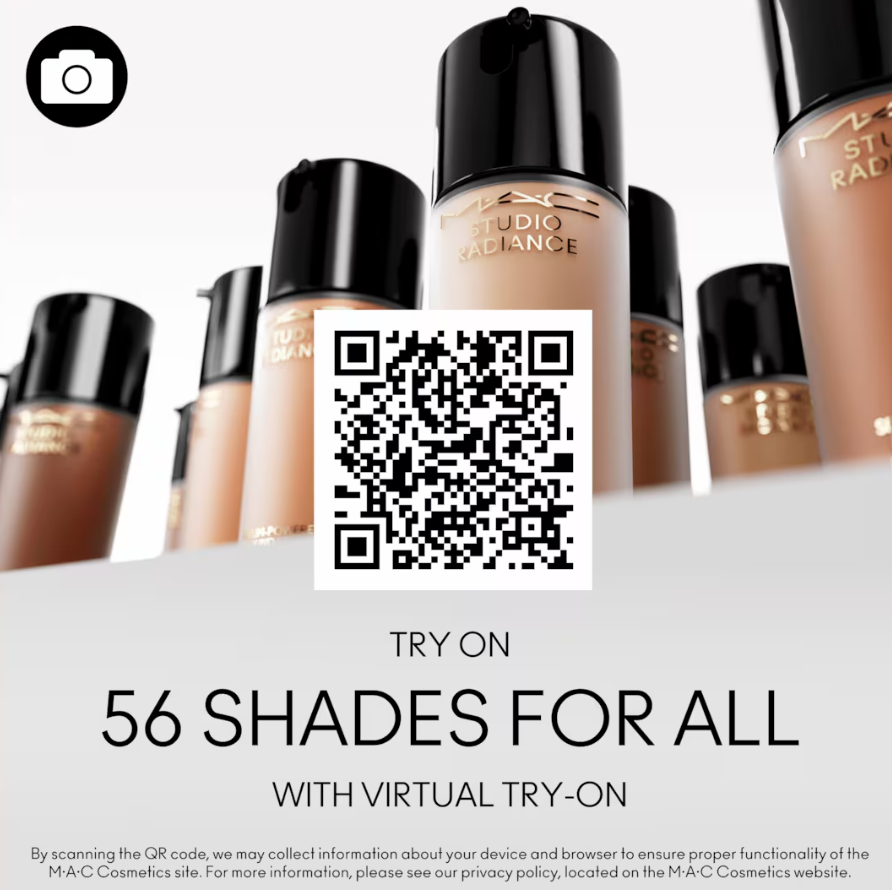
Brick-and-mortar beauty retail isn’t disappearing, it’s transforming. Physical stores now integrate digital experiences, combining technologies like QR codes, appointment bookings, geo-fencing, and NFC tags to engage customers seamlessly in real time. Features such as Buy Online, Pick Up In-Store (BOPIS) and personalized digital follow-ups have become expectations rather than innovations, blending online convenience with offline interactions.
Real-world examples
- Glossier connects customers’ in-store purchases directly to their digital profiles, enabling targeted follow-up campaigns and personalized reviews.
- Sephora equips stores with iPads and AI-powered skin scanners that synchronize with app-based recommendations and CRM insights.
- MAC Cosmetics uses virtual try-on tools and QR-based shade-finders at physical counters to bridge the digital and physical experience seamlessly.
Phygital retail blends the physical and digital worlds, giving beauty shoppers seamless, personalized experiences that start in-store and continue online. Learn more in our blog on Phygital Retail: What It Is and What You Need to Know.
Ready to lead the beauty revolution? Here’s your next move.
The beauty retail landscape has fundamentally shifted from traditional marketing campaigns toward personalized, real-time, data-driven engagement across every customer touchpoint. Looking ahead, retailers should prepare for deeper integration of AI, automation, and sophisticated omnichannel personalization to match rapidly evolving consumer expectations.
How ContactPigeon can help
- AI-powered customer segmentation: Reach the right customers at precisely the right moments.
- Omnichannel marketing automation: Seamlessly connect with shoppers via email, SMS, web interactions, and in-store touchpoints.
- Real-time insights and analytics: Leverage actionable data to optimize campaigns, enhance customer experiences, and maximize ROI.
Stay ahead of the curve! Unlock the power of personalized journeys, automation, and advanced segmentation.
Book a free demo with ContactPigeon today and elevate your customer engagement strategy.

